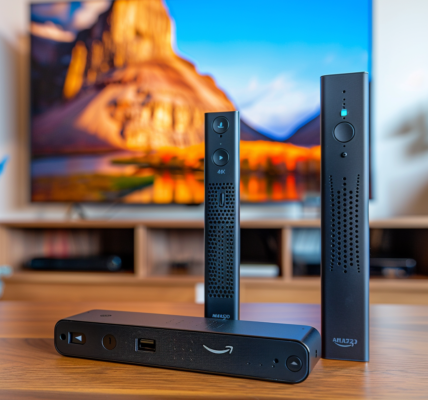In a groundbreaking development in the field of reproductive technology, a new startup named Heliospect Genomics has emerged, claiming to offer prospective parents the opportunity to screen their embryos for high intelligence quotients (IQ). This controversial service, which comes with a staggering price tag of $50,000, has ignited a heated debate about the ethical implications of such genetic screening.
Heliospect Genomics, often referred to as the ‘Superbaby Factory,’ has positioned itself at the forefront of a rapidly evolving industry that blends the realms of genetics and reproductive health. The company’s services are marketed toward families eager to enhance their chances of having children with superior cognitive abilities. However, the implications of such technology raise significant ethical questions.
According to reports, the company claims to utilize advanced genetic screening techniques that analyze specific genetic markers associated with intelligence. This screening process aims to identify embryos that possess these desirable traits before implantation during in vitro fertilization (IVF) procedures. While the allure of having a ‘superbaby’ may be enticing for some, critics argue that this practice could lead to a slippery slope of eugenics, where only certain traits are deemed valuable.
The investigation into Heliospect Genomics revealed that the company is not only marketing its services but also actively seeking clients who are willing to invest in the promise of a brighter future for their children. The $50,000 price tag has raised eyebrows, particularly in a society where access to healthcare and reproductive services is already fraught with disparities. Many are questioning whether such a service should be accessible only to those who can afford it.
Experts in the field of genetics and ethics have weighed in on the implications of such services. Dr. Emily Carter, a geneticist at a leading university, stated, “While advancements in genetic screening can offer valuable insights, the notion of selecting embryos based on perceived intelligence is fraught with ethical dilemmas. It raises questions about societal values and the potential for discrimination against those who do not fit into these narrowly defined parameters.”
Moreover, the concept of ‘designer babies’ is not new, but the commercialization of such services has brought it to the forefront of public discourse. Critics argue that this trend could exacerbate existing inequalities, as wealthier families may have access to genetic enhancements while lower-income families do not. This could lead to a society divided not only by economic status but also by genetic privilege.
In response to the growing concerns, Heliospect Genomics has defended its practices, asserting that their services are aimed at empowering families with choices. The company argues that the ability to screen for high IQ is merely another tool in the arsenal of reproductive technology, akin to screening for genetic disorders. However, the distinction between preventing illness and enhancing intelligence is a contentious one.
As the debate unfolds, regulatory bodies and lawmakers are beginning to take notice. There are calls for stricter regulations surrounding genetic screening and the commercialization of reproductive technologies. Some advocates argue that a framework should be established to ensure that such services are offered ethically and equitably, preventing a future where genetic enhancements are reserved for the affluent.
In addition to the ethical considerations, there are also concerns about the scientific validity of selecting embryos based on genetic markers for intelligence. While some research suggests a genetic component to cognitive abilities, intelligence is also influenced by environmental factors, education, and personal experiences. This complexity raises questions about the effectiveness of such screening methods and whether they can truly predict a child’s future intellectual capabilities.
As the public grapples with the implications of Heliospect Genomics and similar companies, the conversation surrounding genetic screening, eugenics, and the future of reproductive technology is likely to intensify. The potential for advancements in genetic science to improve lives is immense, but so too are the ethical challenges that accompany these innovations.
In the coming months, it will be crucial for stakeholders, including scientists, ethicists, and policymakers, to engage in open dialogue about the direction of genetic screening technologies. The choices made today will have lasting impacts on future generations and the societal landscape as a whole.
As the story continues to develop, many will be watching closely to see how the intersection of technology, ethics, and reproductive rights unfolds in the age of genetic screening.





